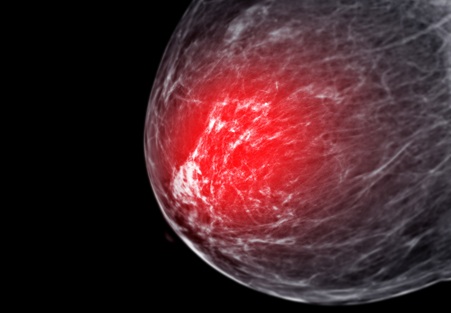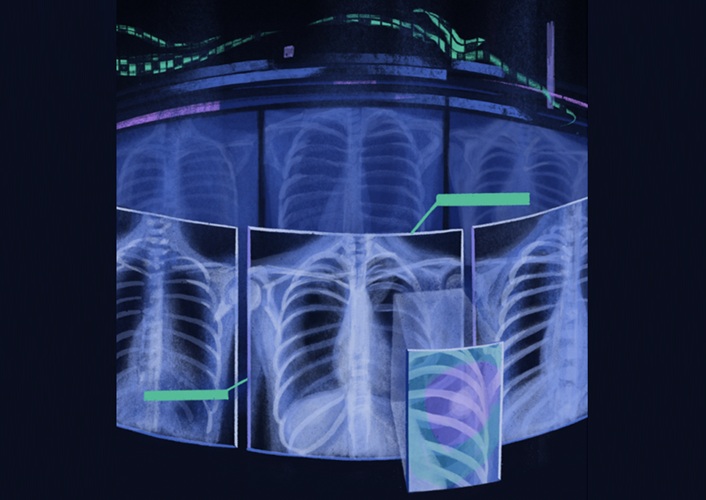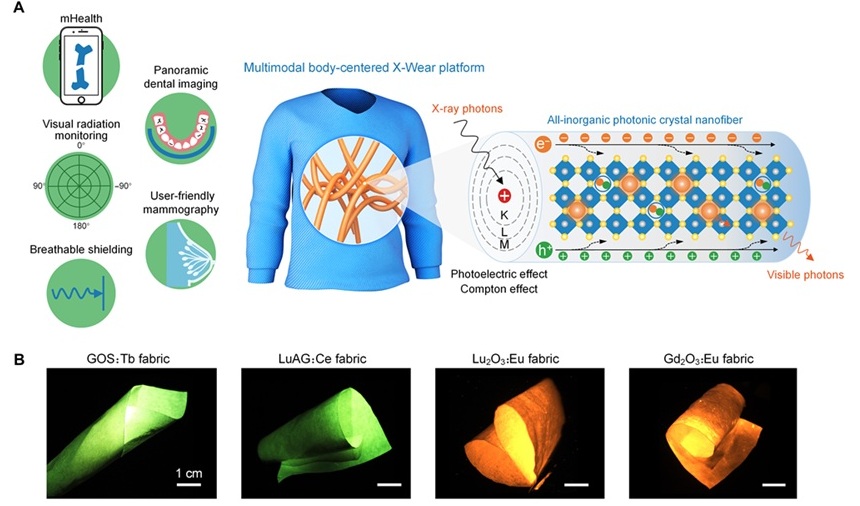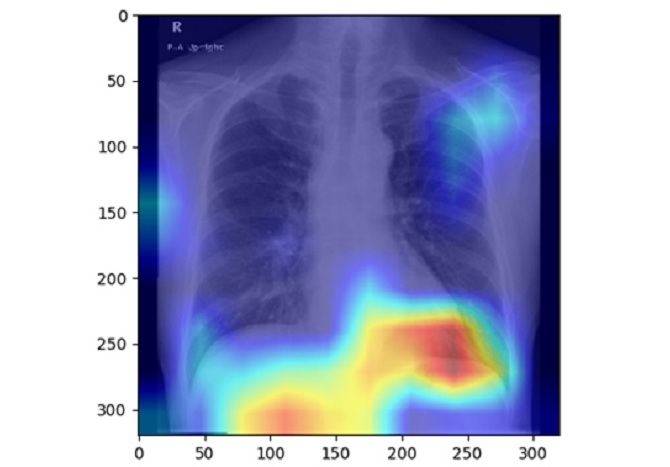AI Helps Radiologists Spot More Lesions in Mammograms
Posted on 08 Jul 2025
Breast cancer is a critical health issue, and accurate detection through mammography is essential for effective treatment. However, interpreting mammograms can be challenging for radiologists, particularly in distinguishing between benign and malignant areas. Despite advancements in diagnostic technology, there are still difficulties in ensuring that all potential cancerous areas are identified without compromising reading time. The problem is compounded by the fact that even with the best tools, radiologists may miss subtle lesions or become distracted by other areas of the image. Now, a new study has explored how artificial intelligence (AI) could improve radiologists' performance by guiding their attention toward suspicious areas during mammography readings.
The solution, developed by researchers from Radboud University Medical Center (Nijmegen, Netherlands) is an AI decision support system designed to aid radiologists in breast cancer detection. The AI system was integrated with an eye-tracking device that monitors radiologists' eye movements while reading mammograms. The system used a small camera-based device positioned in front of the screen to capture infrared reflections from the radiologist’s eyes, helping to track where they focus and for how long. In the study, 12 radiologists read mammograms from 150 women, including both those with and without breast cancer, to test the AI system's effectiveness. The system aimed to enhance detection by guiding the radiologists' attention to critical areas without changing the reading time.

The AI decision support system was tested and validated in a study published in Radiology. The findings showed that radiologists’ accuracy in detecting breast cancer improved when the AI system was used, without affecting the mean sensitivity, specificity, or reading time. Eye-tracking data revealed that radiologists spent more time focusing on areas with actual lesions when AI support was available. The AI helped radiologists adjust their reading behavior by offering visual cues that prompted them to take a more careful look at potentially problematic areas. These results are significant because they demonstrate AI’s potential to enhance breast cancer detection while maintaining efficiency. The researchers plan to continue studying how to best integrate AI into clinical workflows and refine its use to maximize its benefits for radiologists.
"Overall, AI not only helped radiologists focus on the right cases but also directed their attention to the most relevant regions within those cases, suggesting a meaningful role for AI in improving both performance and efficiency in breast cancer screening," said Jessie J. J. Gommers, M.Sc., Department of Medical Imaging, Radboud University Medical Center.
Related Links:
Radboud University Medical Center














